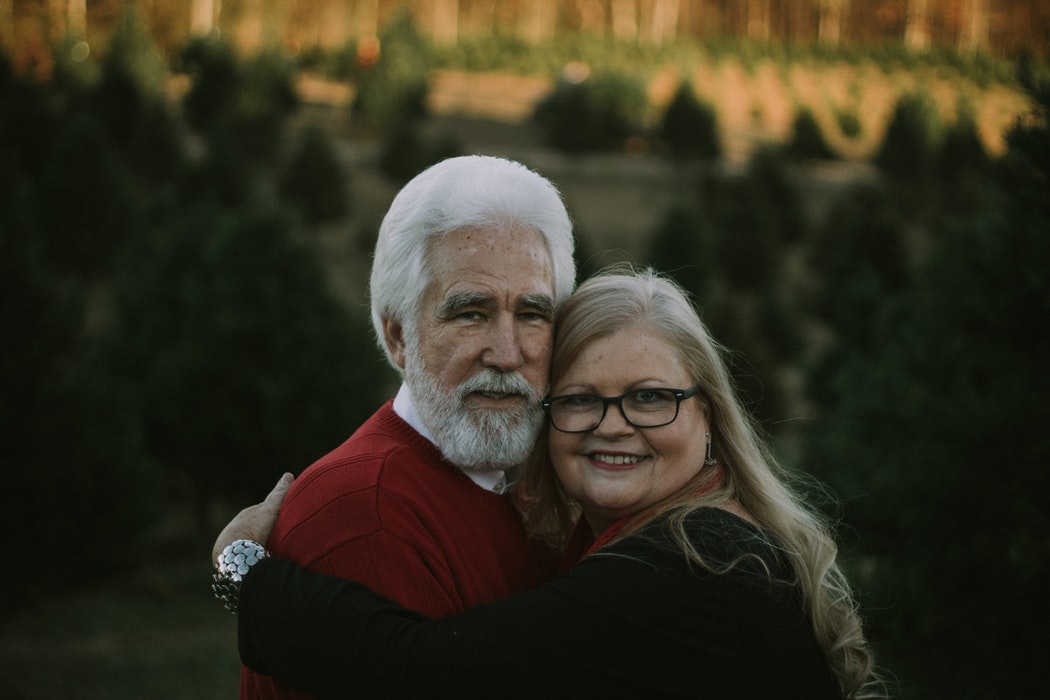Robyn Taylor, one of our regular activity coordinator columnists, talks about how dementia can change a relationship, and how we can help in our own small way…
For better for worse, for richer for poorer, in sickness and in health, to love and to cherish, till death us do part. When you make your wedding vows, you look forward to spending your life together, making memories, having children and retiring happily ever after.
When a spouse gets diagnosed with dementia, your relationship suddenly changes. Going from lover to carer, from being able to enjoy holidays together to having to help your husband or wife get changed in the morning is a big shift. You can feel frustrated and start to lose patience; from wanting to spend every moment together, to being desperate to have a bit of your own time. Some people even start a new relationship, while their lifelong partner is living with dementia. It is a controversial subject, but life is rarely straightforward.
How can you help residents and families navigate these challenging times?
I have met a couple of people whose partners were living with dementia, and I was always empathetic to the difficulties of their situation. I took time to remind them, that even though they might think their partner doesn’t recognise them anymore, that’s not quite true, it’s simply about adjusting your approach. When living with dementia, your mind goes back to the past, so when a loved one thinks they aren’t being remembered, it is more likely that their spouse simply doesn’t recognise their face because they remember them in a more youthful way. Remember that you often don’t see mirrors on a dementia ward/floor/suite because the residents won’t be familiar with their own reflection.
They do remember, but perhaps a past version of themselves, and this is where the connection can still be found and still cherished. When you work in a care home, you get to have conversations with the residents all the time. They often ask where their wife/husband is, reminiscing about when they got married and telling stories of their courting days – the traditions of buying fish and chips with their pay packets on a Friday, and having cheeky kisses at the local village hall dance. Encourage visiting loved ones to keep sharing these memories, bringing in pictures or objects from past holidays or events, and allowing their other half to reminisce and join in where they can. This is an act of love – for the person living with dementia, it is a vital part of what they need to feel connected to their lives, and for the husband or wife, it is a way to show support and love.

Of course, things get harder when speech starts to slur and it becomes difficult to express thoughts, but it’s important to remember that the person is still listening and still feels emotions. A warm touch on the hand and positive body language gives reassurance so they know someone is there.
It’s important to remember, that for those people visiting loved ones, and then either returning to an empty house or to a new relationship, that that person is dealing with loss and grief in their own way. Try to support the relationship they have with their loved one – even if they have other distractions at home – simply by encouraging them to visit and supporting them with activities, conversation prompts and a listening ear when they do.
Also remind them – and yourselves – that the person living with dementia is in the safest environment they can be in, with experienced staff who can give round the clock care and attention, and the partner at home now has a companion to share their heartbreak with and move forward. It’s about coping however we know best, and we can only watch and support, not judge.
Robyn Taylor has worked as an activity coordinator in Lincolnshire for the last nine years. She recently won the East Midlands Putting People First Award for the care home she works in. She has always been passionate about enabling residents to continue with the things they love the most, and working with relatives and the community to ensure new and exciting opportunities are available.




